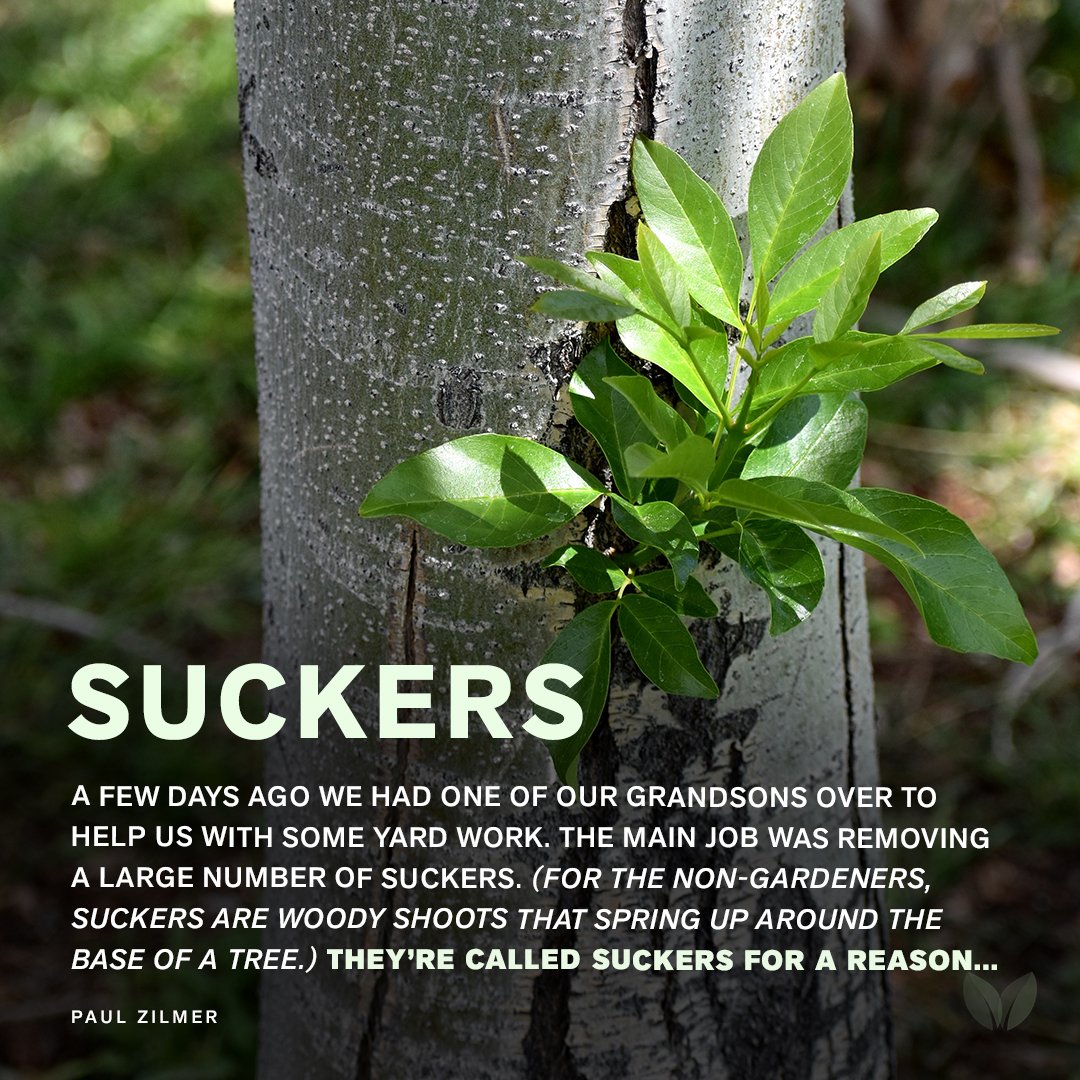WCF Blog

Fail Forward
You may be familiar with the concept of “failing forward”, which has become almost a cliché in the business world due to the success of the book by John C Maxwell. The premise in a nutshell: Failure means not achieving an objective we were striving for, but even when we fail it’s possible to make some progress toward a goal, or at least learn something that improves our chance for success next time. One of the key ideas is that there will be a next attempt, we don’t give up.


Wise
In Matthew 11 Jesus spontaneously breaks into a prayer of thanksgiving. What is he so thankful for? “I thank you, Father, Lord of heaven and earth, that you have hidden these things from the wise and understanding and revealed them to little children.” (Matt 11:25) Does this bother you? Is he saying only fools and the unintelligent will buy what he’s preaching?

Time running out
I’ve reached a point in life where it’s clear that time is running out. Oh, nothing imminent, but there are inescapable indications in body and in mind.


Gnashing
How often do you ever encounter the word “gnashing” in ordinary conversation? Hardly ever. It’s a word we associate almost exclusively with the parables of Jesus. About a third of Jesus’s parables are about judgment: reward given to the faithful and condemnation of the unfaithful. The reward is glorious. The condemnation is horrific.

Autodidact
An autodidact is someone who is self-taught, rather than being taught by a teacher. To some extent, any household cook or handyman is self-taught, and we recognize the existence of the “school of hard knocks,” people learning by experience.

I don’t know
There’s a lot of power in these three little words: “I don’t know.” Far from conveying weakness, they are the foundation of investigation and discovery. If, that is, we follow up on the honest admission, and actually do some investigation.

Fruit of the Spirit
You’ve almost certainly heard talks, and read articles (maybe books), and thought about, and discussed the “fruit of the Spirit” that Paul talks about in Galatians 5: But the fruit of the Spirit is love, joy, peace, patience, kindness, goodness, faithfulness, gentleness, self-control; against such things there is no law. (verses 22-23)

Gotta believe
You’ve probably heard W.C. Fields’s famous quip: “A man’s got to believe in something. I believe I’ll have another drink.” Meant to be funny, but perhaps actually a sad comment on just how shallow faith can be.

Focus
Led by the reading plan I’m using this year, I’ve just finished reading Judges. It’s a book that presents a number of challenges. It can help a little bit if we understand the structure. The first 16 chapters relate the history of this period. Then chapters 17-21 present two example incidents, both of which occurred early in the Judges period. The account of Micah, the Levite and the Danites illustrates a fall into idolatry masked by a veneer of honoring the God of Israel. (We know it’s early because it turns out the Levite is Moses’s grandson—18:30.)

Reluctant
Many of the people we encounter in the Bible, called by God to serve in some way, responded positively, even eagerly. Noah and Abram both obeyed without complaint when the Lord’s command turned their lives completely upside down. Hannah eagerly gave her son to the Lord’s service. David volunteered wholeheartedly to face Goliath. Nehemiah volunteered to rebuild Jerusalem. Isaiah said, “I’m here, send me!” Mary said, “I’m the Lord’s servant. Let it be for me as you say.”

Occupation
Adam was a farmer. So was Noah, at least after the flood. Abraham was a shepherd, after he was called out of whatever he did in his urban life. Isaac and Jacob continued in the same occupation. Joseph was an administrator, and fed a whole region. Moses was a shepherd after running from Egypt. David was a shepherd, then a military commander and court official, then king.

Tired of doing good
I’m sure I’ve written on this before. It’s something we, as the Lord’s disciples, need to remember—and more than that, put into practice. Just look around, and it’s clear that human beings in general adhere to it sporadically at best. Here it is:

Feeding
After Jesus feeds the crowd of 5,000, the next day members of the crowd chase Jesus down looking for another free meal (John 6:22-26). The Lord rebukes them sharply for it. Then he adds some of the most difficult teaching of his entire ministry, saying they have no life unless they eat his body and drink his blood (verses 41-60).

One thing
Matthew, Mark and Luke all record the incident when a rich young man asks Jesus what he needs to do to inherit eternal life. The man says he’s kept the commandments Jesus names. Jesus then replies, “You just need one thing…” (Mark & Luke), or “If you would be perfect…” (Matthew) The one thing is that the man must give away all his possessions. He’s very sorrowful over this, and goes away. Then Jesus expounds on how extremely hard it is for the rich to enter the Kingdom.


Principles of giving
On his third journey, the apostle Paul collects donations made by the churches he visits, to help out the believers in Jerusalem. Various representatives of those churches travel with Paul. Think about a time without credit cards, checks, or even paper money. Money at this time means metal—silver and gold coins. It takes numerous people just to carry it, and a large group would deter thieves.

Kiss
In the parable, when the father sees his prodigal son returning home, he runs to meet him and kisses him (Luke 15:20). When Jesus is invited to eat at Simon the Pharisee’s house, the Teacher rebukes his host for giving him no kiss (Luke 7:45). When Paul says goodbye to the Ephesian elders, they kiss him (Acts 20:37-38). Four times Paul exhorts his readers to greet one another with a holy kiss (Romans 16:16, 1 Corinthians 16:20, 2 Corinthians 13:12, 1 Thessalonians 5:26), and Peter says the same (1 Peter 5:14). There are quite a number of similar instances in the Old Testament as well.

What I want to be
Here’s what I want to be: Thankful, joyful, thoughtful, peaceful, faithful. Loving, praising, giving, forgiving. Patient, gentle, strong, prudent, content. A sympathetic listener, an active doer, a willing servant.

